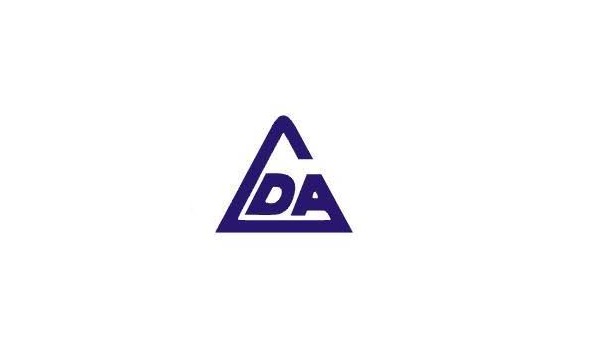Islamabad: President Dr Arif Alvi has approved the proposed amendments to the Companies Act, 2017, in a bid to facilitate startups across the country by providing them with an ‘enabling regulatory framework’, according to news sources.
The Securities and Exchange Commission of Pakistan (SECP) issued a press release on Monday to notify the amended law – aimed to ‘promote and nurture startups’ while attracting investments from local and foreign sources.
Read: SBP directs banks to provide refinancing facility to businesses for employee retention
The said law was reviewed by the SECP and various other internal and external stakeholders before being brought to the president’s desk. Upon the recommendation of the review committee, various amendments were proposed to encourage ease of doing business, promote startups, enhance minority-shareholder protections, and eliminate the anomalies discovered within the original draft of the Companies Act, 2017.
According to analysts, these improvements are also likely to enhance Pakistan’s global ease of doing business ranking.
Read: Federal govt mulls offering tax relief to businesses, industries
The press release details that these amendments were promulgated through the Companies (Amendment) Ordinance, officiated on April 30; some of which are as follows:
- Employee stock possession and shares-buyback options have been enabled for all companies – instead of only public and listed firms.
- The condition of payment of subscription money within 30 days of subscriber incorporation and filing of auditor certification has been waived to assist small companies.
- A listed company – with the commissioner’s approval – can hold an extraordinary general meeting at a shorter notice.
- The board of directors in all firms will be responsible for appointing their chief executive officers.
Additionally, the process of dealing with unclaimed dividends has also been revised through the proclamation: ‘Provisions relating to the mandatory requirement for common seal, real estate companies and inactive companies have also been omitted.’








